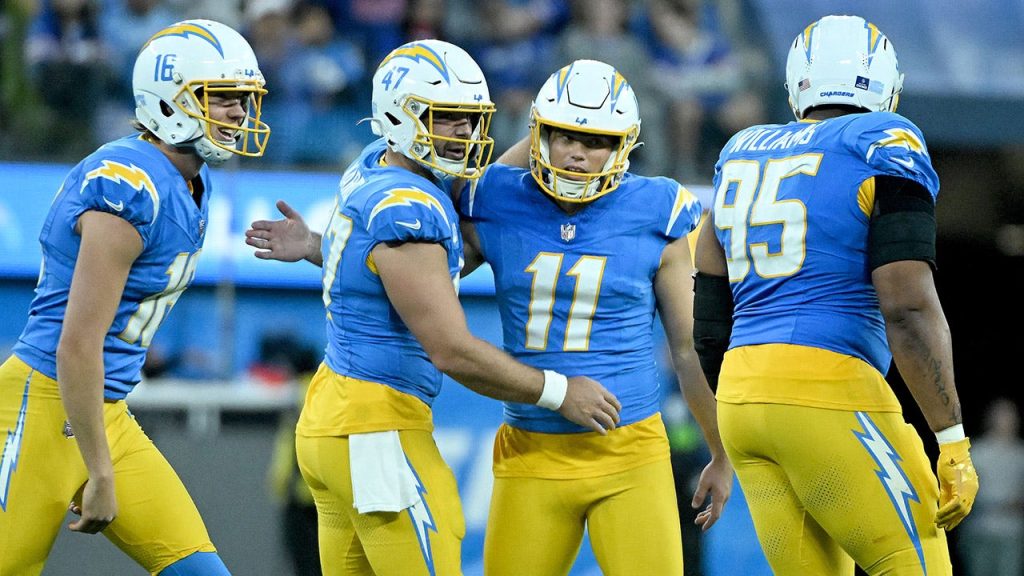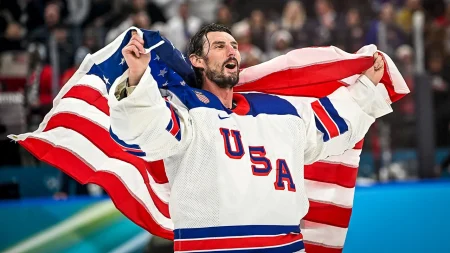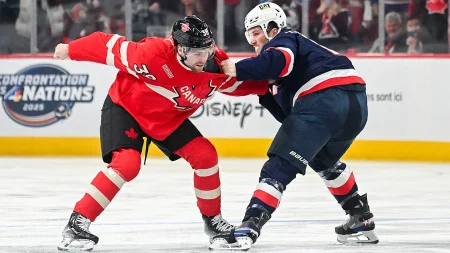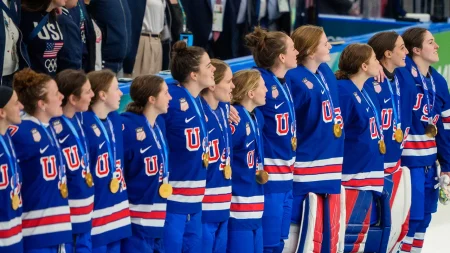Thursday Night Football delivered another dose of its signature peculiarity during the Denver Broncos vs. Los Angeles Chargers game, resurrecting a play seldom seen in the modern NFL: the fair catch kick. With the Broncos leading 21-10 and just eight seconds remaining in the first half, they punted the ball away, anticipating the clock would expire and send both teams to halftime. While the clock did indeed hit zero, a fair catch interference penalty against Denver extended the half, granting the Chargers a rare opportunity for a fair catch kick. This unusual sequence of events marked the first successful fair catch kick since 1976, adding another layer of intrigue to an already captivating game.
The fair catch kick, a vestige of football’s past, allows the receiving team to attempt a free kick after a fair catch is signaled. The ball is placed at the spot of the fair catch, and the kicker is afforded a free kick with no rush from the opposing team. In this instance, the penalty against Denver moved the ball 15 yards closer to their end zone, setting up Chargers kicker Cameron Dicker for a 57-yard attempt. Amidst confusion on both sidelines, Dicker calmly slotted the kick through the uprights, narrowing Denver’s lead to 21-13 as the teams headed into halftime. The successful kick not only reduced the deficit but also injected a dose of historical significance into the game.
The irony of the situation wasn’t lost on anyone familiar with NFL history. The last successful fair catch kick, over four decades prior, was also executed by a San Diego Chargers kicker, Ray Wersching. Dicker’s 57-yarder etched his name into the record books as the longest fair catch kick in NFL history, surpassing Paul Hornung’s 52-yard kick in 1964. It became the 27th recorded fair catch kick in the league’s history, including postseason games, and only the seventh to sail successfully through the uprights, highlighting the rarity of this play.
This bizarre turn of events underscored the unpredictable nature of Thursday Night Football. While the Broncos aimed to maintain their comfortable lead going into halftime, the penalty and subsequent fair catch kick dramatically altered the momentum. Dicker’s clutch kick not only narrowed the score but also provided a crucial psychological boost for the Chargers, potentially influencing the second half of the game.
The fair catch kick, while legal, is a seldom-utilized strategy due to its unique circumstances. It requires a fair catch signal, which usually occurs deep in the receiving team’s territory, often leading to extremely long kick attempts. Dicker’s 57-yard kick, while record-breaking, was actually one of the shorter fair catch kick attempts in history. Many past attempts have exceeded 70 yards, as fair catches typically occur near the opposite end zone. The difficulty of converting these long-distance kicks explains why the play is so rarely seen and even more rarely successful.
This incident underscores the importance of understanding even the most obscure rules of football. The Broncos’ penalty, while seemingly inconsequential with the clock expiring, inadvertently created a scoring opportunity for the Chargers. Dicker’s successful kick served as a reminder that every second of the game matters and that even the rarest rules can have a significant impact on the outcome. It also added another chapter to the unique and often unpredictable history of Thursday Night Football.















